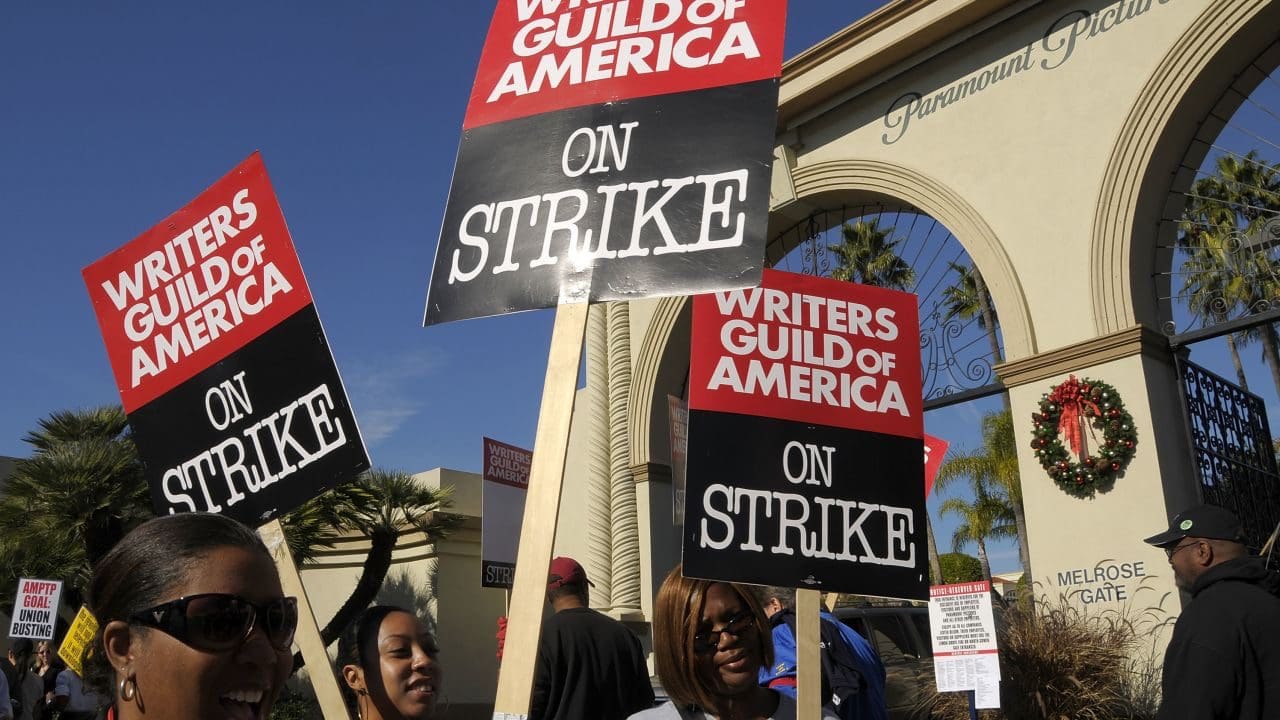
After 146 days of striking—just seventeen days short of being the longest in Hollywood’s history—the Writers Guild of America have come to an “agreement in principle” with The Alliance of Motion Picture and Television Producers. In an email sent out to strike captains on Sunday night, the WGA announced:
“We can say, with great pride, that this deal is exceptional — with meaningful gains and protections for writers in every sector of the membership.”
The next steps are far from guaranteed—as are the exact details of what was signed. First, the agreement needs to be presented as a formal legal contract, then sent to the WGA’s West and East board for approval tentatively scheduled on Tuesday. If approved, the board and council will vote to finally end their strike on a date and time decided by further ratification. Finally, once all that is agreed upon, it’s still down to the wider members of the WGA to finally approve the terms laid out and make the agreement binding for three years.
While the devil is in the details, the exact deal hasn’t yet been revealed to the press at the time of writing. For now, the WGA is keeping quiet, saying in its email although “we are eager to share the details of what has been achieved with you, we cannot do that until the last ‘i’ is dotted.”
It’s likely aspects of the deal will leak out among the 11,500 WGA members as they become increasingly involved in ratifying the proposal over the next few days, however, if the WGA are willing to call this deal ‘exceptional’, the proposal is probably the result of concessions on the WGA’s three demands: increasing TV staffing size, banning AI language-models like ChatGPT, and providing financial bonuses for writers if their shows succeed on streaming channels.
Of course, cinema’s future is still hardly set in stone—and everything is speculation until the whole of the WGA approves the terms. But hopefully, there’s a small hope that the show, finally, can go on.
Interested in how the WGA strikes might affect future television and cinema productions? Our Op-Ed here lays out one major concern….



